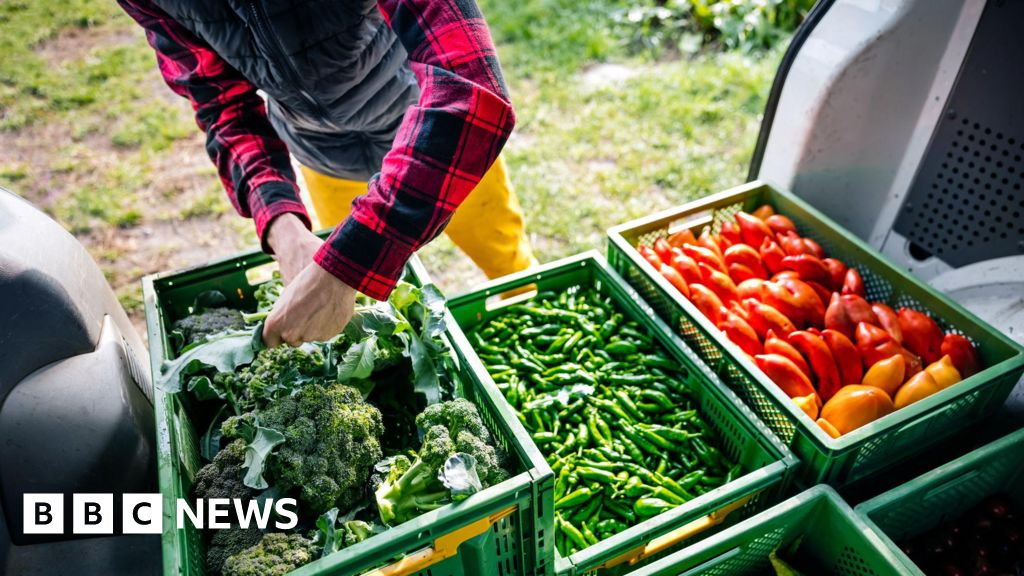Economists have warned that the problem is getting worse as the UK’s trade in goods with the EU falls due to Brexit red tape for British businesses.
The findings of a report by Aston University Business School in Birmingham cover the three years since the Brexit trade deal was signed.
The most comprehensive report shows that the value of UK exports to the EU fell by 27% and the value of imports fell by 32%.
However, exports of tobacco, rail and aircraft cargo increased.
The report also found that the variety of goods exported by trade fell, with 1,645 fewer British products exported to each EU country.
The report excludes services, which have performed better than many experts expected since Brexit.
“EU-UK trade will worsen significantly in 2023,” the author said.
“Negative impact [trade agreement] This situation has intensified over time, with the trade decline in 2023 being more pronounced than in previous years,” the authors added.
Farmers, clothing manufacturers, wood and paper manufacturers were among the worst-affected industries, with the value of EU exports falling by more than half in many sub-sectors.
The largest decline in export value was in edible fruits and nuts, which plummeted by 73.5%.
Trade with smaller, more distant countries within the EU will be most affected, while trade with larger, closer countries will be least affected.
The authors say that since the emergence of various forms of trade red tape or non-tariff barriers after Brexit, many smaller UK producers have given up on exporting small quantities of products to some EU countries.
A government spokesman told the BBC it would “work to improve our trade and investment relationship with the EU and remove unnecessary trade barriers, recognizing that there will be no return to the single market, customs union or free movement of people.”
The BBC understands that in recent meetings with the government, business representatives were invited to present early ideas on “resetting” trading relations with the EU, with a focus on “economic security”.
Progress is unlikely until next year, when the new European Commission is formally established and the UK itself finalizes a new industrial and trade strategy.


